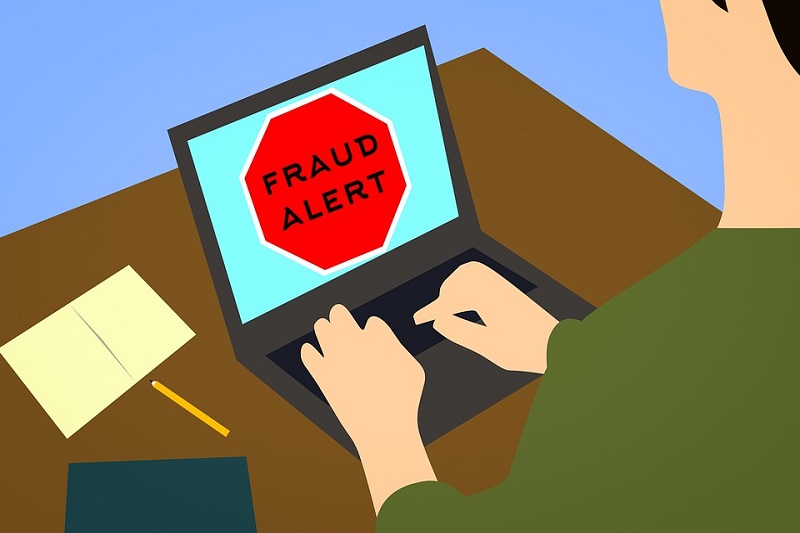
A new study from Microsoft reported that New Zealanders are the most targeted in the world when it comes to tech support scams.
According to a recent report, more than three-quarters of Kiwis in the study reported having experienced at least one such scam. This is well above the global average of 62%.
Of the number of people who encountered a tech support scam, 21% were fooled into continuing with an interaction. 6% of these suffered financial loss.
The results of the study reinforce that Kiwis do need to be extra cautious online. New Zealanders need to be extra careful when it comes to giving information to strangers.
If there is doubt, hover over a link before clicking in order to check the URL and remember that tech support teams of companies such as Microsoft will never contact customers directly.
Moreover, Kiwis were far more probable to be exposed to fake pop-up ads and windows disguising as notification from their software provider compared to other nationalities that participated in the survey.
But the biggest surprise, from the results, may come in the information as who were falling victim to tech scams.
Although many people thought that it would be the tech-naïve older generation, who are easily fooled when it comes to scammers, it was actually male millennials who were the most likely to experience financial losses from a scam.
The common stereotype of scam victims is that they are elderly and less experienced with computers and software, but this is a case of a little knowledge leading to overconfidence.
Since the use of computer is skewed towards the younger generations and males, who are more likely to engage in riskier behaviours, they are more likely to encounter scams.
Greater exposure plus greater confidence, in using computers, makes people under the age of 40 and men more susceptible to clever scammers.
The economic losses of New Zealand from tech support scams, however, were on par with the rest of the countries surveyed.
The losses from scams worldwide have reportedly declined 3% since the previous survey in 2016, dropping to 6%.
The core focus of an online safety organisation, called Netsafe, was to educate New Zealanders on how to stay safe online and how to protect themselves from scams.
The organisation works closely with the Government and other agencies to help Kiwis avoid harm from unscrupulous activities and advise them of the latest scams. Everyone has a role to play in keeping the web safe.
There were 16,048 adult internet users from 16 countries who participated in the survey.
















